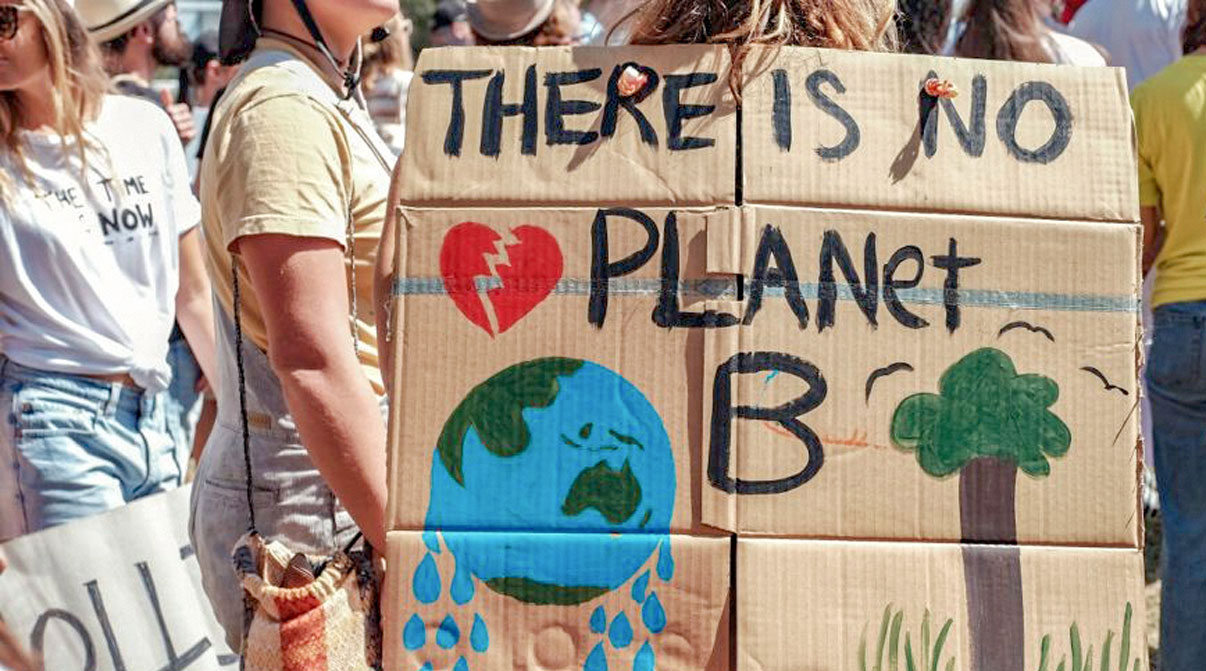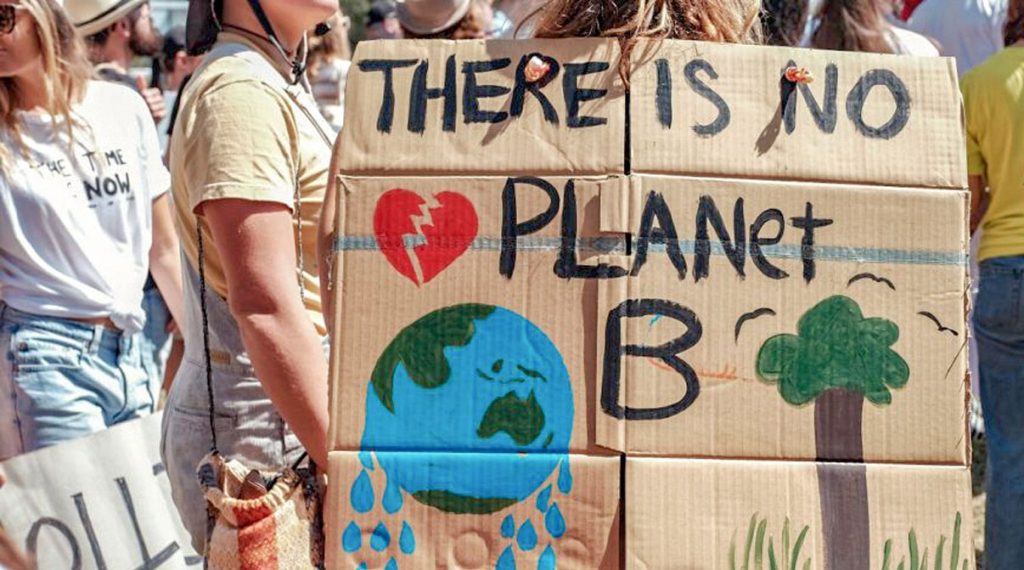
The New Year begins with a countdown to 2030. That will be a landmark year in the global effort to heal the earth and contain global warming. Time moves rather steadily and seventy-two odd months from now, the nations of the world will subject themselves to an environmental audit to see if the sustainable goals they had set for themselves have been achieved. Have we collectively delivered or not.
So, what does the average citizen have to do with global warming and climate change, you may wonder. Leave that to the scientists and the policy makers to handle, you might say. Well, I am the last one to spoil the good cheer and celebrations of the season, but after the hangover settles it might be a good time to make some commitments to ensure the health and longevity of Mother Earth. Remember, just as every drop makes the ocean, so does every individual or organisational effort.
To start with, weave in certain basic green practices into the daily life of your family, your office and your neighbourhood. Let us begin with where you spend the maximum amount of time—home. One of the big commitments you can make to the planet is by simply segregating your waste and urging others to follow the same practice. This exercise that takes less than three minutes has an enormous multiplier effect down the waste management chain. If waste is segregated into dry and wet waste, it will easily reach the right recyclers without the ordeal of someone having to manually segregate it or it being dumped in a garbage dump or worse still, land up in a landfill unsegregated. If separated at the point of its source, wet waste (which largely means cooked food, vegetable peels, leaves, grass etc.) makes excellent compost and can be used for gardens, farms, fields and to rejuvenate the soil. Dry waste that comprises paper, cardboard, plastic, bottles, tins, jars, and almost anything else, if not mixed with wet waste is easier to handle, sell and recycle.
One of the big commitments you can make to the planet is by simply segregating your waste and urging others to follow the same practice.
So, what does one have to do to achieve this simple feat? All you need is one green plastic bucket, one red one and a largish jute bag. Toss your wet waste into the green, soiled dry waste into the red one and the totally dry waste like newspapers and wrappers etc. into the jute bag. One toss of your hand can do the trick, and it can save a tiny fraction of the methane emissions that are adding to the greenhouse effect.
Now, you may as an individual be segregating trash already, but what about your neighbours, your workforce, your relatives and friends? If everyone was doing it, we wouldn’t be facing such a waste management crisis in the country, would we?
Waste, in fact, is a key word in the effort to reach the earth’s 2030 sustainability goals. This means that nothing, absolutely nothing, should be wasted, be it energy, water or fresh air. They all are precious commodities in a world that is fast getting depleted of its natural resources due to us humans.
So, what would our green practices include? They need not be heroic deeds, but elementary everyday acts that may go unnoticed by people but are immensely satisfying. For instance, switching off lights and fans before leaving a room only needs presence of mind. Avoiding switching on the air-conditioning in your home or office as much as you can is not that difficult. Remember, a little bit of sweating gets the body rid of toxins! Closing the water tap when brushing your teeth, and conserving water when bathing or washing is not an effort. Every drop counts and we often lose many, many litres of this precious commodity through totally thoughtless action.
Crackers are banned as they seriously impact air quality, yet they are used for the entertainment of individuals, including political parties, year after year.
I have seen homes in our country where water pipes have small leaks for years on end, allowing fresh drinking water to wastefully flow away. The family will find the funds to buy a car but will not prioritise getting the water pipes replaced. And when we consider that India comes 13th among the world’s 17 “extremely water stressed countries” as was revealed in the Aqueduct Water Risk Atlas released by the World Resources Institute, we must worry all the more about our future water status.
Air pollution too is an issue that is crying for attention in many cities. In Delhi the situation becomes ‘hazardous’ several times in a year, but green practices are set aside for convenience or for celebrations. Diwali is a joyous as well as a pious festival for us, but how come we lose all sense of the law every single year. Crackers are banned as they seriously impact air quality, but they must be used for the entertainment of individuals year after year. Even political parties indulge in bursting crackers during a celebration. Why can’t they devise a non-polluting way to celebrate?
Your choice of transport too can help you join the ranks of the green warriors. We all know the rules— try to use public transport, pool your car or two-wheeler, walk to your destination if it is near enough instead of adding to the pollution, choose an electric vehicle over a fossil fuel one — but do we follow these guiding principles when the time comes? We could if we are committed enough. And it is this commitment that I have been talking about. Could 2024 be the year in which you dedicate yourself to advocate waste segregation, clean air, saving energy and water at home, in office and in the community? If so, you would be part of the solution the world is seeking.
The writer is a senior journalist who writes on environmental issues






